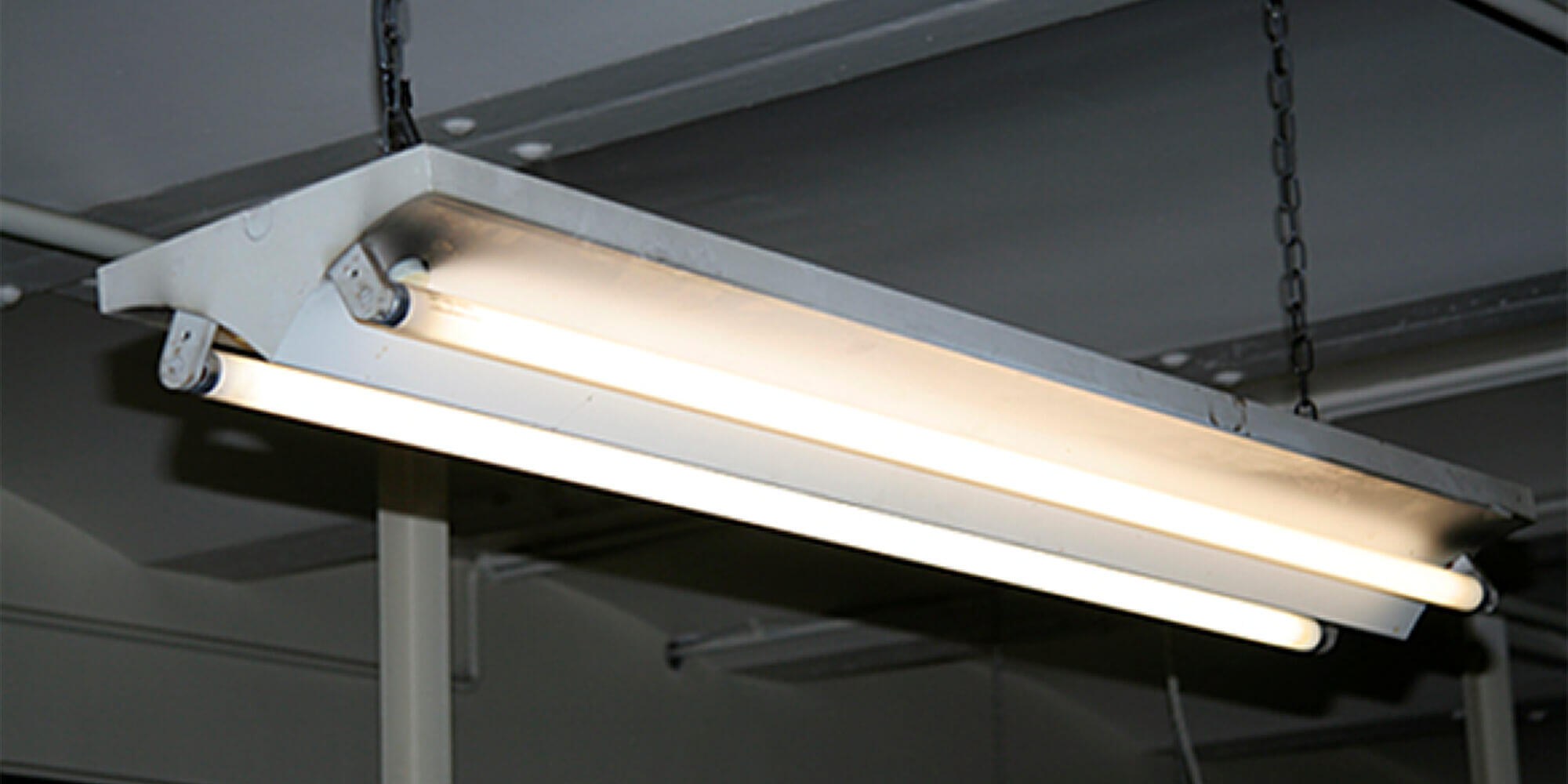Families and businesses in Hawaii, Colorado, Oregon, Rhode Island, and Maine will save $2 billion in utility bills by 2050 and have reduced risk of mercury exposure, thanks to new laws that phase out the sale of common fluorescent light bulbs. Each of the laws has been enacted since the beginning of June. The states join California and Vermont, which enacted their own “clean lighting” laws last year.

Families and businesses in Hawaii, Colorado, Oregon, Rhode Island, and Maine will save $2 billion in utility bills by 2050 and have reduced risk of mercury exposure, thanks to new laws that phase out the sale of common fluorescent light bulbs. Each of the laws has been enacted since the beginning of June. The states join California and Vermont, which enacted their own “clean lighting” laws last year.
Fluorescent light bulbs were once the most energy-efficient lighting option available to consumers, and they remain common in schools, offices, garages, and basements. Advances in technology and lower costs have made LED lighting widely available and cost-effective as a replacement for fluorescent bulbs. LEDs are twice as energy efficient, last up to three times as long, and—unlike fluorescents—don’t contain mercury.
In the seven states where sales of fluorescent bulbs will end over the coming years, the transition to LEDs is expected to lead to a total reduction in carbon dioxide emissions of approximately 11.6 million metric tons by 2050, the equivalent of emissions from about 2.5 million gasoline-powered vehicles driven for one year. The states will see approximately 5,675 gigawatt hours in electricity savings in the year 2030, enough to power more than 725,000 households.
Ending the sale of fluorescents will help reduce exposure to mercury, a potent neurotoxin that threatens human health and the environment. When fluorescent bulbs are accidentally broken—whether in homes, businesses, or the waste management system—they create a health hazard for those nearby. And when fluorescent bulbs are not disposed of properly—as happens with an estimated 75% of bulbs—their mercury content can eventually contaminate rivers, lakes, and oceans and the fish and shellfish within them. The newly enacted laws prohibit the sales of new, general purpose fluorescent bulbs.
In the coming months, countries will have the opportunity to support a global phaseout of fluorescent light bulbs during an international summit on the Minimata Convention on Mercury.
The recent state laws were passed with broad-based support that included labor unions, environmental and consumer advocacy groups, and waste management companies. In 2024, more state legislatures will have the opportunity to save households and businesses significant amounts of money, lower climate-warming emissions, and reduce mercury pollution by enacting clean lighting legislation.






